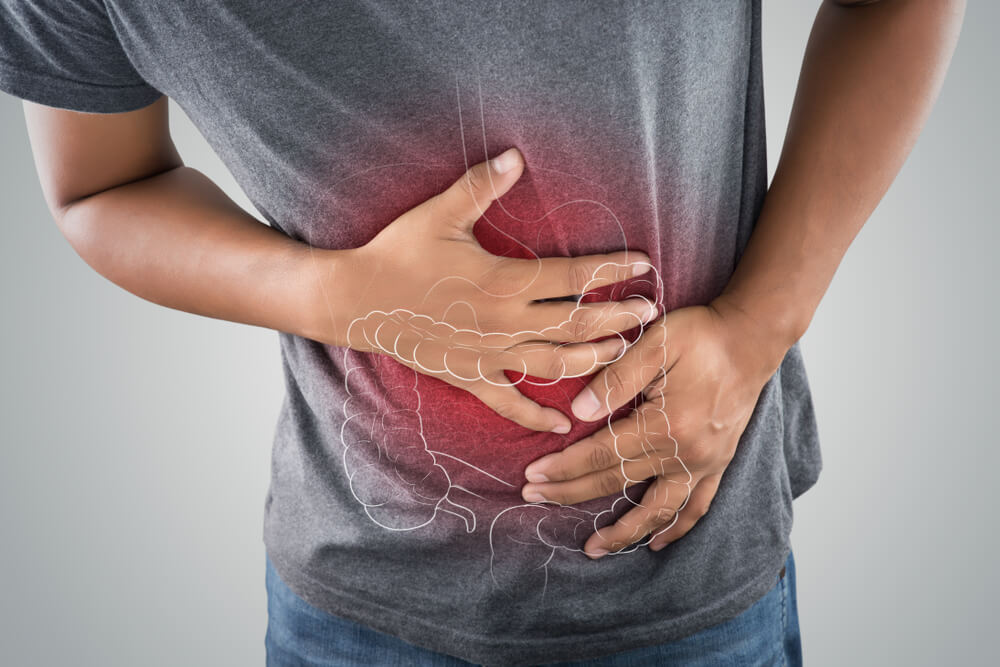Colitis is a chronic digestive illness that is characterized by inflammation of the colon’s inner lining. Infection, inflammatory bowel disease, ischemic colitis, allergic reactions, and microscopic colitis are numerous causes of it.

Colitis is a chronic digestive illness that is characterized by inflammation of the colon’s inner lining. Infection, inflammatory bowel disease, ischemic colitis, allergic reactions, and microscopic colitis are numerous causes of it.
TYPES
Types of colitis includes:
SYMPTOMS
Other organ systems in the body can be involved and produce symptoms, depending on the cause of the colitis, such as:
Both ulcerative colitis and Crohn’s disorders may have similar symptoms outside of the colon. This may include:
DIAGNOSIS
TREATMENT
The treatment of colitis depends upon the cause.
Overview and FactsTypes and SymptomsDiagnosis & MedicationsOverview and Facts Tetralogy of Fallot is a congenital heart defect that affects the [...]
Overview and FactsTypes and SymptomsDiagnosis & MedicationsOverview and Facts Trichinosis, also known as trichinellosis, is a parasitic infection caused by [...]
Overview and FactsTypes and SymptomsDiagnosis & MedicationsOverview and Facts Trigeminal neuralgia is a neurological condition characterized by severe facial pain. [...]